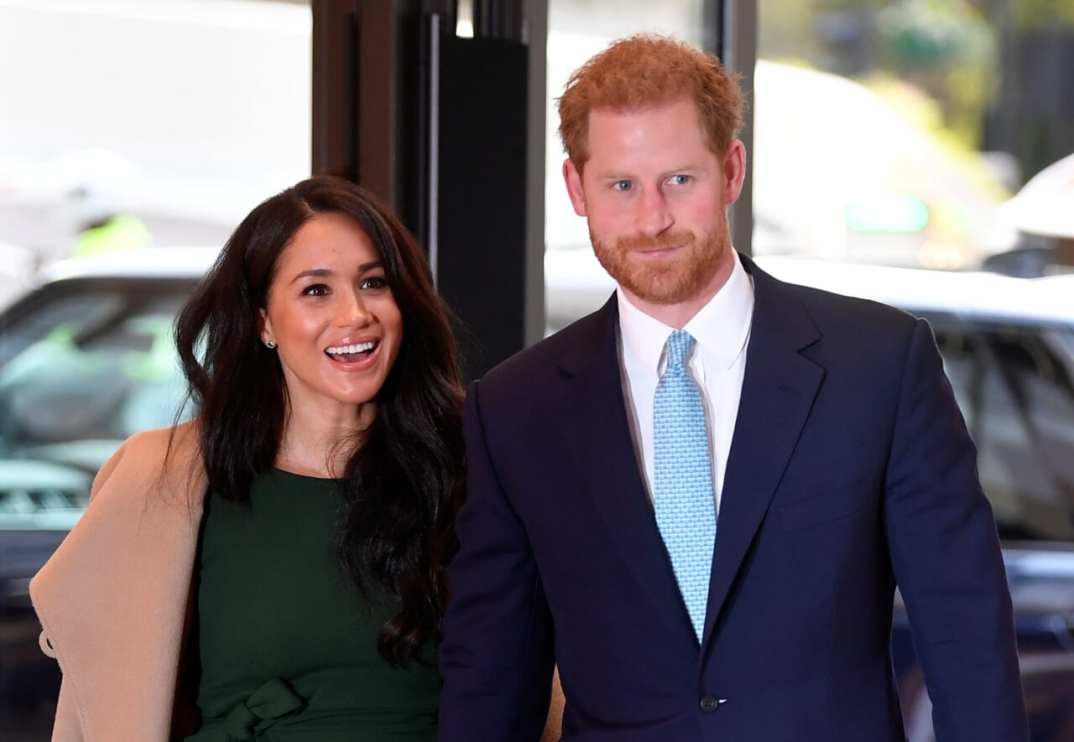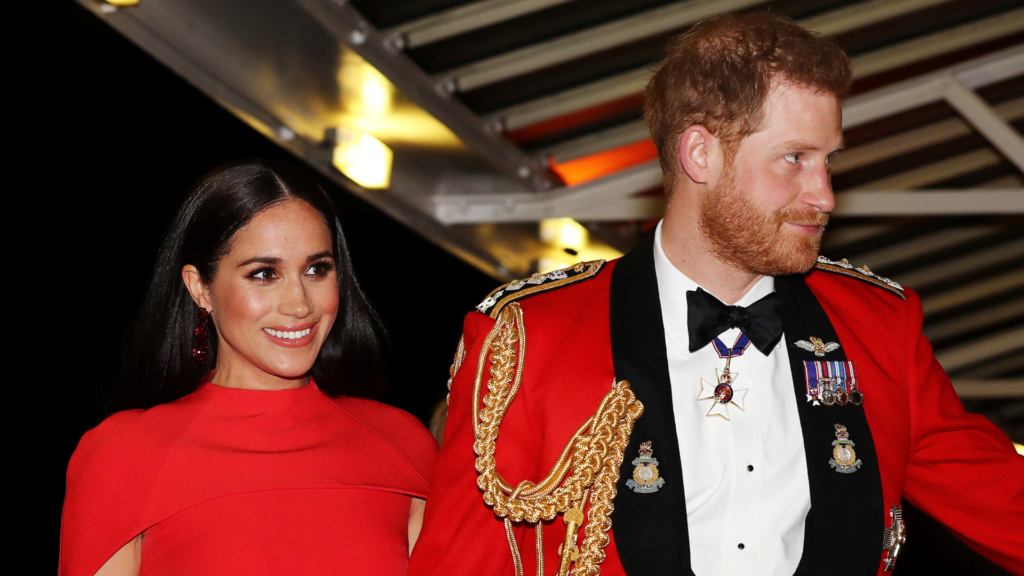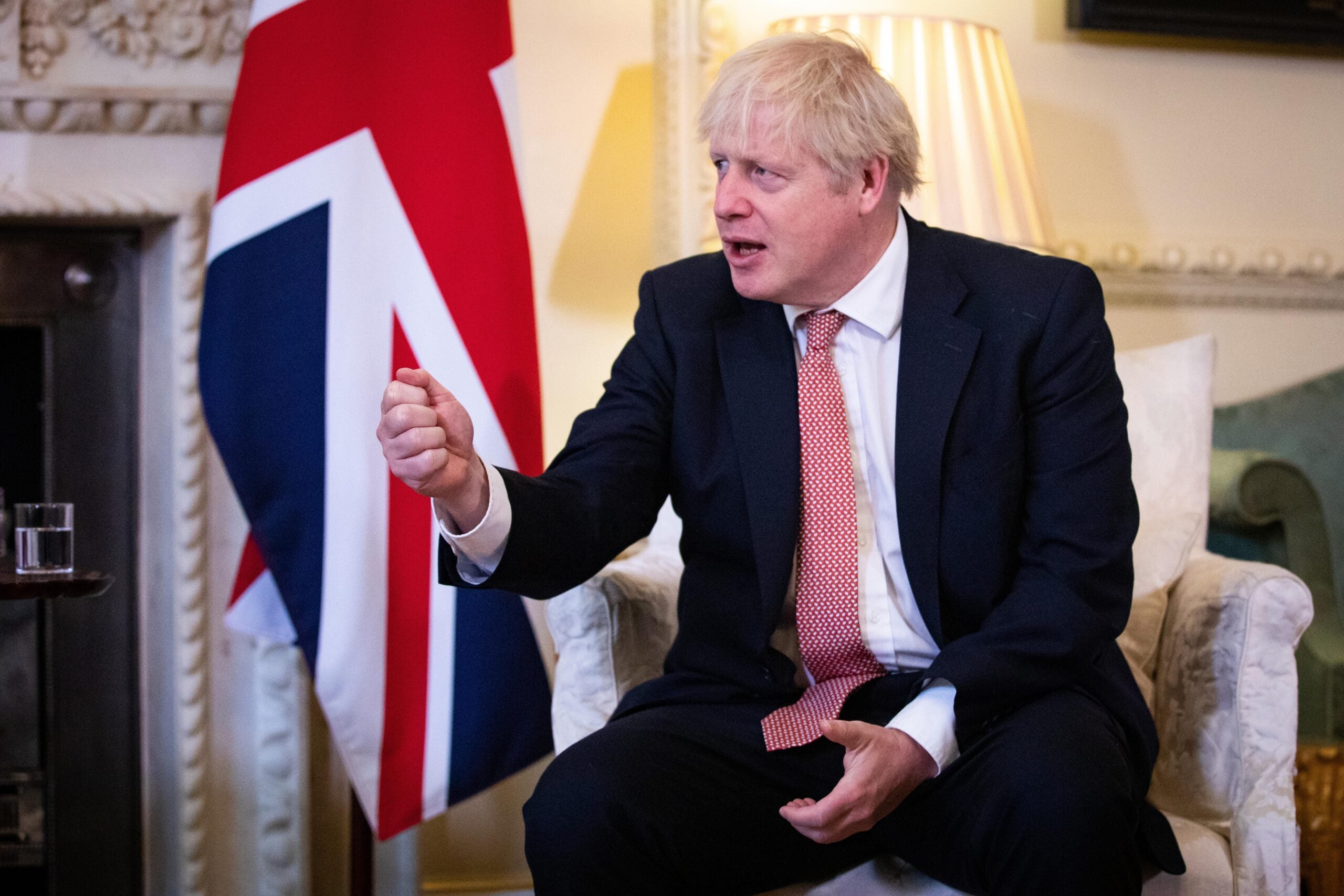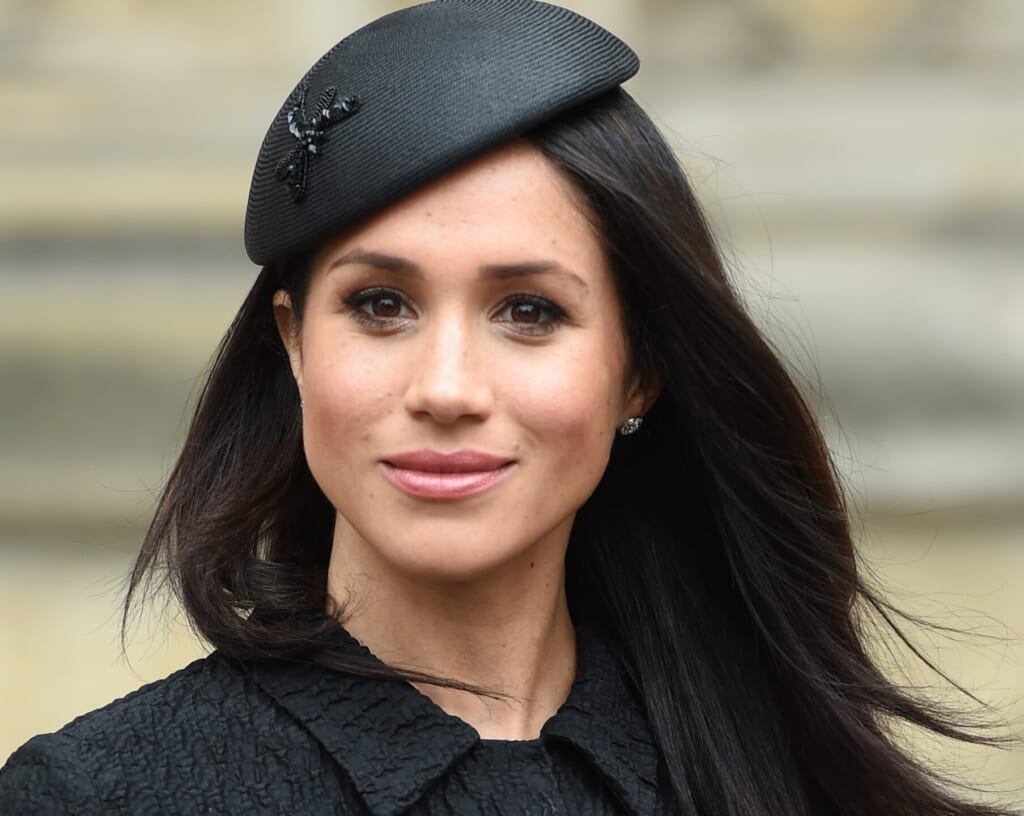Why the royal mistreatment of Harry and Meghan should matter to us all
OPINION: Meghan’s royal title and coat of arms were little shield from racism. As a society, if we can't protect a Black princess, how can we expect to protect a pauper?

By February 2019, less than a year after their wedding, “tormenting the Duchess of Sussex ha[d] become a national sport” in the U.K. The abuse was tolerated as ritual hazing, the price that Meghan Markle had to pay for being allowed to marry into the Royal Family.
But, in the new AppleTV+ documentary series The Me You Can’t See, Prince Harry details the mental toll he and Meghan endured as they spent “four years trying to make it work” in their royal roles, while their pleas for help were met with “total silence or total neglect” from the Royal Family.
Ultimately, The Duke and Duchess of Sussex chose to step back in order to put their own family and mental health first. Harry has shared the lessons he’s taken from that experience, but are there lessons for us, as a society, to learn too?
Read More: Prince Harry: Meghan let go of suicidal thoughts because it would be ‘unfair’ after Diana’s death
Despite drawing praise from members of the public and charities they met, the Sussexes quickly found themselves the Goldilocks of the Royal Family. Too woke for the conservative, British newspapers that traditionally support the monarchy — having a progressive, biracial woman and a prince, who acknowledges the U.K.’s systemic racism, at the center of their royal coverage was definitely not on brand. Instead, the tabloids effectively repurposed the dog-whistling racism typically emblazoned on front-page stories of Black British celebrities like Stormzy and Raheem Sterling for Meghan.
Too privileged to be shielded by the liberal papers, Meghan’s track record of feminism was intriguing, but not enough to counter their desire to abolish the monarchy completely. Too white passing for many in the Black community who questioned why Meghan married a colonizer in the first place. They claimed ‘she knew what she was getting into’ as if a racist smear campaign spanning multiple continents was par for the course.

Denying Meghan’s Blackness (which she has never done) became a double-edged sword. It provided white columnists a color-blind shield for their racism, while Black people were too trapped by our own legacy of colorism — arguing whether a prince would have been allowed to marry a woman as dark-skinned as Lupita Nyong’o — to defend a princess just as biracial as Harry’s teenage crush Halle Berry.
Black Brits in the media didn’t have enough security in their own positions, a fly in the milk in predominantly white British newsrooms, to stick their neck out for the American-born duchess. Still, minority guests on chat shows endeavored to explain the subtleties of misogynoir and 400 years of racism in four minutes or less. A Herculean task on their best day made utterly impossible when debating a woman like Rachel Johnson, who believes it’s a compliment to describe a biracial woman as having “rich and exotic DNA” that would thicken Harry’s “watery, thin blue blood.”
Also noticeably quiet was Rachel’s brother, the British Prime Minister Boris Johnson. While 78 women members of Parliament eventually wrote an open letter condemning the “outdated, colonial undertones” in national newspapers, PM Johnson didn’t take up the mantle to defend Meghan as his predecessor, David Cameron, had for her sister-in-law Kate Middleton. Meghan couldn’t count on much of a defense from 10 Downing Street. Not when a U.S. trade deal was being dangled by former President Donald Trump like bait for a big-mouth bass. Boris Johnson, a man who had once referred to Black people as “piccaninnies” with “watermelon smiles,” had bigger fish to fry.

The American press, happy to finally have their very own princess, voraciously consumed every speculative rumor from the British tabloids. They aggregated digital stories by the thousands rarely questioning the racist micro-aggressions they were parroting back across the pond. The angry, Black woman and Sapphire tropes deployed against Meghan did not originate from U.S. reporters, but they played a critical role in perpetuating that narrative. The continuation of a theme that Meghan didn’t belong and didn’t know her place.
Too outspoken for the institution. The Palace was complicit in its silence then and now. At best, it was an implicit endorsement of the press abuse, and at worst, Prince William’s decision to “reach out to senior figures in the media” triggered an open season on Harry and Meghan, allowing the Royal Family to deflect from far greater scandals. Earlier this year, William declared “racist abuse – whether on the pitch, in the stands, or on social media – is despicable and must stop now.” Eighty-seven words to rightfully defend English soccer players, but when his mixed-race nephew was likened to a chimpanzee by a British radio host, he had none.
Recently, Harry called out the parallels in the treatment of his mother and his wife in interviews for Oprah With Meghan and Harry: A CBS Primetime Special and The Me You Can’t See, which he and Oprah co-executive produced. His greatest fear is history repeating itself, but there’s no need to go back 25 years. Britney Spears and Caroline Flack are modern-day examples of a society all too happy to crucify women celebrities for fun and profit. Like scavengers, we feast on the carcasses of these women’s careers and reputations only to feign heartbreak and remorsefully proclaim our willingness to #BeKind after tragedy strikes. Years from now who will be this generation’s apologists?
Will it be the same people who scrubbed their Instagram accounts of the posts labeling Meghan a cheap, social climber, because it didn’t quite fit with their performative black squares supporting Black Lives Matter? (Yeah, we peeped that Gary Janetti, but way to book that HBO Max deal.) Will they conveniently find religion to coincide with their book tours? When the inevitable reboot of The Crown covers this era, will the royal social media accounts be littered with “Meghan Forever ❤️” comments?” Will Piers Morgan, still smarting as much from his rejection by the American TV market as any rejection by Meghan, still be platformed as a commentator rather than condemned as a stalker?
Read More: Alex Beresford says he’s faced ‘relentless racism’ since Piers Morgan call-out

With their move to California, Harry and Meghan will be fine, more than fine, they will be successful and happy having finally found a home that is just right. This is bigger than them. This is about the many people who saw, in this couple and the more inclusive values they represent, a future that could be better than our past. It’s about Black British student, Fiona Addai, 11, who said Meghan had “taught me no matter what colour you are, I am able to do anything any other person can.”
It’s about the families who found solace in Meghan’s NY Times op-ed “The Losses We Share” about the pregnancy loss she and Harry experienced last year only to see her trolled on social media. As one Twitter user said, “Meghan Markle won’t see the [sic] all of the nasty shit you write about her but your friends who have experienced miscarriages and the loss of a baby will.” Social media bios may say that retweets aren’t an endorsement, but the quote tweets and sniggering comments say something much different.
It’s often said that “the measure of society is how it treats the weakest members,” but the treatment we tolerate for the strongest members is just as surely a measure of our humanity. It’s hard to feel sorry for a beautiful, wealthy couple who became an easy scapegoat for a nation embroiled in the contentious politics of Brexit and a war on wokeness. Yet, Meghan’s royal title and coat of arms were little shield for the racism and xenophobia she experienced.
Desmond Tutu said, “if you are neutral in situations of injustice, you have chosen the side of the oppressor.” That truth holds even when the victim of injustice is someone as privileged as a princess. As a society, if we can’t protect a princess, how can we expect to protect a pauper?

R.S. Locke is a multimedia journalist and entrepreneur. Staying positive but petty is a personal creed that underscores her writing and her life. She writes about the world’s longest-running reality series and family business — the British Royal Family.
Have you subscribed to theGrio’s “Dear Culture” podcast? Download our newest episodes now!
TheGrio is now on Apple TV, Amazon Fire and Roku. Download theGrio.com today!
